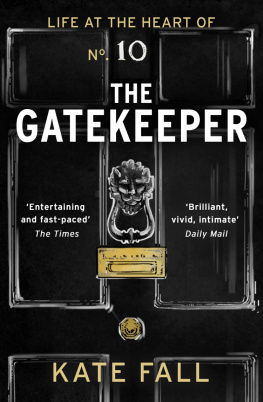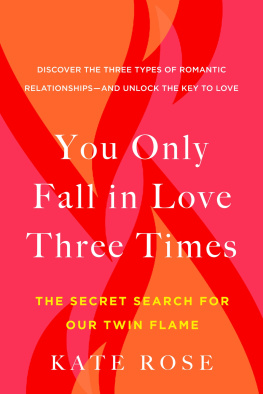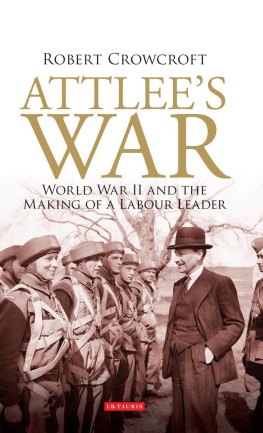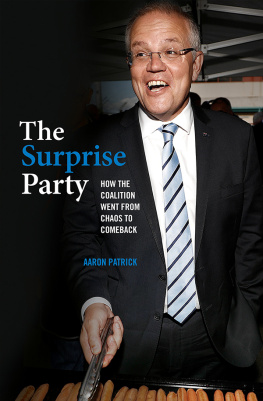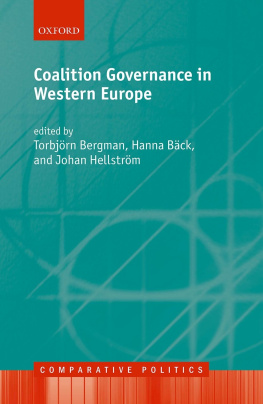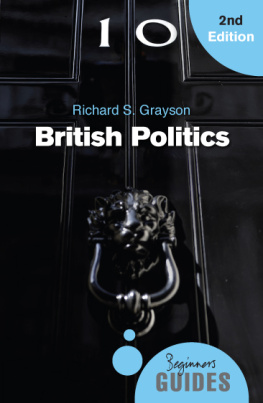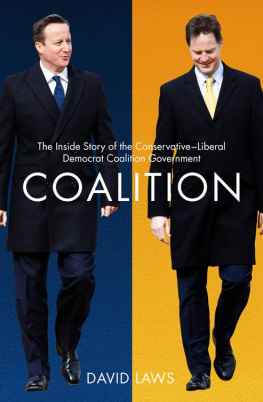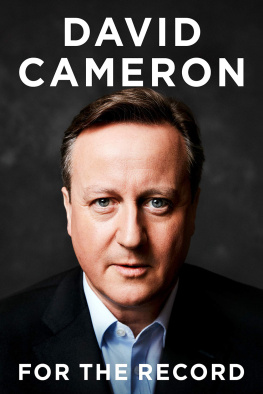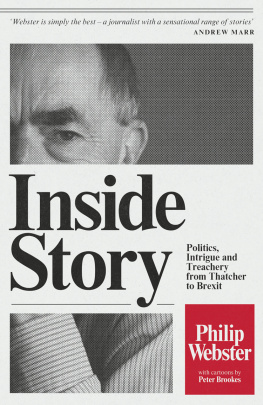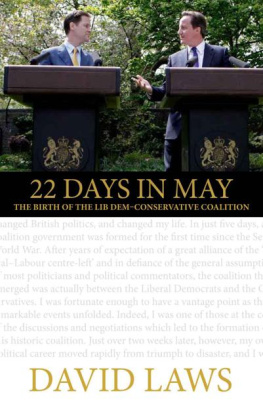THE GATEKEEPER
Kate Fall

HQ
An imprint of HarperCollins Publishers Ltd
1 London Bridge Street
London SE1 9GF
First published in Great Britain by HQ in 2020
Copyright Kate Fall 2020
Kate Fall asserts the moral right to be identified as the author of this work.
A catalogue record for this book is available from the British Library.
All rights reserved under International and Pan-American Copyright Conventions. By payment of the required fees, you have been granted the non-exclusive, non-transferable right to access and read the text of this e-book on-screen. No part of this text may be reproduced, transmitted, downloaded, decompiled, reverse engineered, or stored in or introduced into any information storage and retrieval system, in any form or by any means, whether electronic or mechanical, now known or hereinafter invented, without the express written permission of HarperCollins.
Ebook Edition 2020 ISBN: 9780008347819
Version: 2020-03-12
Kate Fall was in many ways the heart and soul of the Cameron operation, a genuinely insightful and fascinating account of what it is like to be at the heart of power.
Tom Bradby, ITV News at Ten
Kate Fall has a exquisite eye for telling details and a rare ability to express it.
Anthony Seldon, Historian
For a decade, Kate Fall was the most influential woman in British politics. This is her fascinating, honest and sometimes hilarious story of life behind the door of No. 10.
Alice Thomson, The Times
Kate Fall was David Camerons indispensable right-hand woman as he ascended from Leaer of the Opposition to Prime Minister. A highly readable account of the rise and fall of the Cameroons, which historians will scour a touching account of the demands that modern politics makes on people and their families. I read it, gripped, in one sitting,
Niall Ferguson, Milbank Family Senior Fellow, the Hoover Institution, Stanford
Kate Fall was not just the gatekeeper; she was at the heart of the No. 10 operation.
Camilla Cavendish, Financial Times
For Olivia and Guy
CONTENTS
F or eleven years, I lived my life as one of David Camerons closest advisors. In No. 10 I sat right outside the door of the Prime Ministers office, earning myself the title of gatekeeper. David called me his wingman. I wrote this book with the hope that it would shed some light on the world behind the public faade. The blood, sweat and tears. The chaos and camaraderie. The friendships and fall outs. The victories and regrets. I want to share with others what it is like behind that famous door of No. 10, and behind the less famous but more critical one to the Prime Ministers den. And, what it feels like to live your life at the heart of power.
No. 10 is more than just an office for those who work there; it takes up so much of your time that it comes to signify a way of life. The pace is relentless and the work all-consuming. The time I spent working on Project Cameron covered a good part of my daughters and sons childhood they were 6 and 3 when I started, and 17 and 14 when it was all over.
At its core, No. 10 is a 24/7, Rolls-Royce operation, whose purpose is to support the prime minister of the day. Ed Llewellyn and I were essentially there to run the show in other words, to help Prime Minister David Cameron run an effective government: the strategy, the policies, the communication plans, the campaigns. We were involved in making decisions about what David was going to do and say each day, and for what purpose. We brokered relationships with the Cabinet, party, and others. Sometimes we were a shoulder to cry on, sometimes the deliverer of bad news. I sat at the centre of the spiders web, working with some of the brightest and the best people I have known.
I attended nearly every meeting with David. I spoke to him beforehand about what we were trying to achieve, and afterwards about what we wanted actioned. In the end, everything comes down to your judgement. Does the PM want to hear your view, day after day?
As one of Davids closest advisors, I wasnt afraid to give it to him straight. Sometimes you have to close the door and battle out the issues in a very small group, trusting that nothing of what is said will leave the room. This is why there is always an inner circle of some sort around a prime minister, even if it forms to the consternation of some of those who do not find themselves in the room when the decisions are being made. As gatekeeper, one of my jobs was to decide who was in that room.
But the gatekeeper doesnt just manage access of people; you also moderate the flow of information. What is the priority today? You are there to manage the PMs time and attention.
The atmosphere of any No. 10 ultimately comes from the boss. Is it an effective, punctual, and decent operation that operates as one team? Or is it leaky, bitchy, and handicapped by rival factions? Can you see the PM if and when you need, or is there a bunker mentality? Here again, the skill of the gatekeeper is knowing when to keep the door shut and also when to open it.
We were a close team, grounded by strong ties of friendship and political philosophy. We spent over a decade in each others company, so it is not surprising that we shared so much not just in our political journey, but also in life. We weathered many highs and lows. Successes and failures. Births and deaths. The absurd and the tragic. We faced difficult decisions to send British troops to fight; we made attempts to hold the peace. There are decisions we are still proud of and a few of which we are less so.
We were elected in 2010 to fix a problem: to restore economic security amidst the uncertainty caused by the global financial crisis, and the worst recession since the Second World War. From 2010 to 2015, while in coalition with the Liberal Democrats, we were a government prepared to make difficult, unpopular decisions for the long-term good of the country, working to put Britains finances back on track. We successfully spurred a recovery in jobs, though it was slower in boosting wages than we wanted. We tried to do other things too: reform schools, champion equality with gay marriage, stand by the worlds poor, and open up a conversation about what is fair in welfare. Despite our differences, the economic rescue plan was the glue that bound the Coalition over five years.
In the pages that follow, I describe how we grappled with and tried to confront these big questions rather than dodge them. We believed that if you sweep difficult issues under the carpet, they have a way of coming back to bite you.
I try to show how and why, during our time in power, Britain was beginning to face an impasse in Europe. The other countries of the EU were hellbent on going in one direction, propping up the euro, while we were striving to carve out a different relationship. The financial crisis drove the Eurozone countries closer together, and encouraged migrants to come to Britain seeking work when our economy grew stronger. Meanwhile, those who had paid for the financial crisis at home didnt seem to be benefitting from our recovery. And all of this was playing out against the backdrop of a mandate that was fraying.
Our unexpected victory in the general election of 2015 gave us the prospect of five more years in power. We thought we were riding high. Instead, we crashed into a wall at full speed, falling out of Downing Street with all the harshness of abrupt defeat. Our strategy to call out our relationship in Europe, and resolve it once and for all (by staying in) failed. The sweetness of the election was short-lived, followed by the sadness, regret, and division surrounding the referendum.

